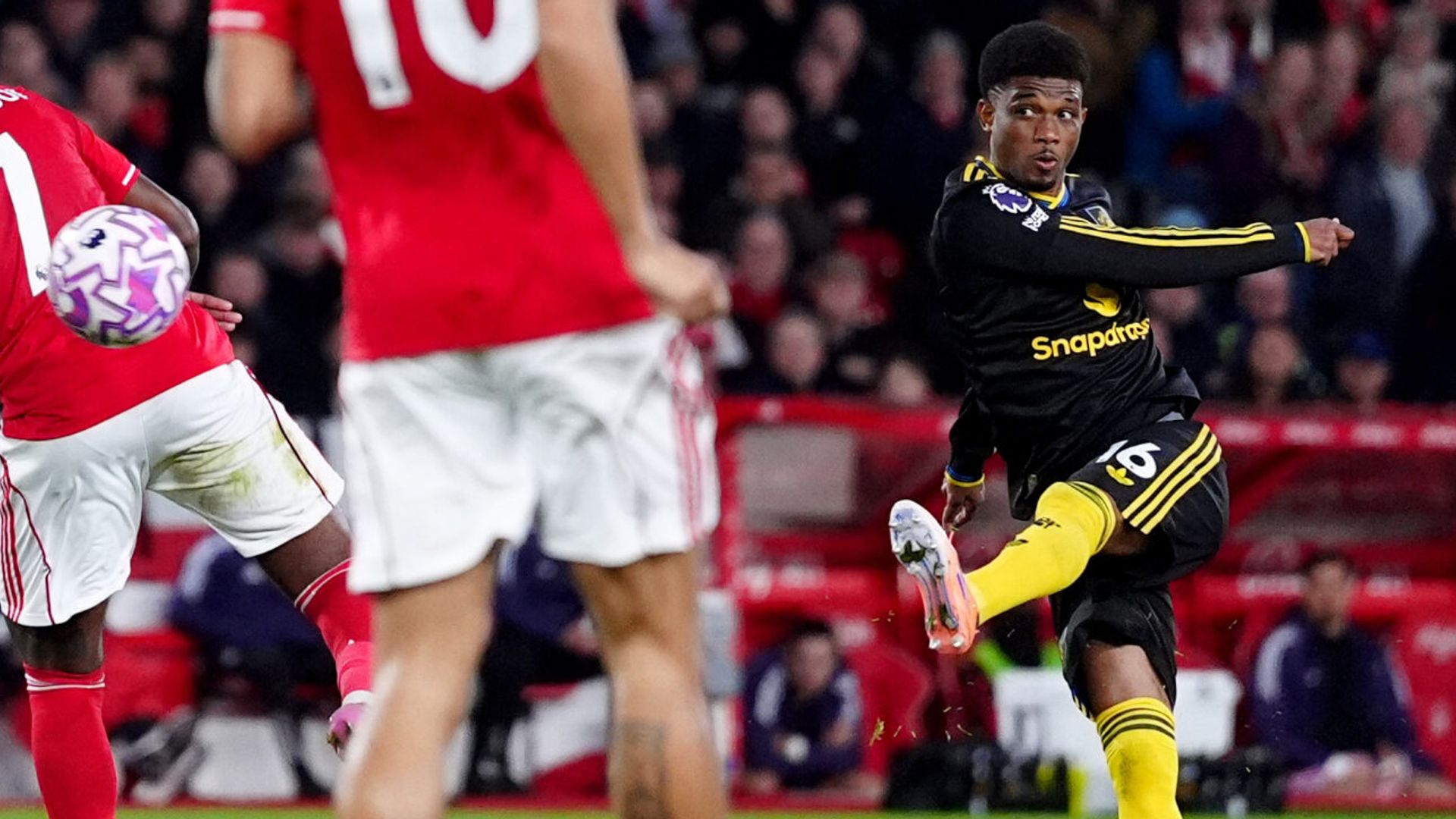Man City vs West Ham: A Clash of Titans or a Battle of the Elites? The Divide Deepens in Football’s Class War!
In the world of football, few rivalries ignite as much passion and division as that between Manchester City and West Ham United. This clash is not merely a contest of skill on the pitch; it represents a broader societal struggle, echoing themes of class, wealth, and the very essence of what football stands for in contemporary society. As the two teams prepare to face off, the implications of their match extend far beyond the final score, delving into the heart of a sport increasingly characterized by economic disparity and social stratification.
Manchester City, a club that has risen to prominence in the Premier League, epitomizes the modern footballing elite. With significant financial backing from the Abu Dhabi United Group since 2008, City has transformed from a mid-table team into a powerhouse, boasting a roster filled with world-class talent and a manager in Pep Guardiola, whose tactical acumen has redefined the game. The club’s success is a testament to the power of investment and ambition, yet it also raises questions about the integrity of competition in a sport where financial resources often dictate outcomes.
On the other side of the pitch stands West Ham United, a club with a rich history and a loyal fan base that has experienced its share of struggles. The Hammers, traditionally seen as the working-class club of East London, have faced challenges in recent years, including relegation battles and financial constraints. Their move to the London Stadium in 2016, while intended to elevate the club’s status, has been met with mixed reactions from fans who feel disconnected from the club’s new identity. This juxtaposition of City’s wealth and West Ham’s historical roots creates a narrative that resonates deeply with football supporters, reflecting broader societal divides.
The match between these two teams is not just about three points; it symbolizes a clash of ideologies. Manchester City represents the new order of football, where money can buy success, while West Ham embodies the traditional values of community and loyalty. This dichotomy mirrors the growing divide in society, where the rich continue to accumulate wealth and influence, leaving behind those who struggle to make ends meet. The football pitch becomes a microcosm of this reality, where the stakes are high, and the consequences of victory or defeat extend beyond the game itself.
As fans prepare for the encounter, the atmosphere is charged with anticipation and tension. City supporters revel in their club’s success, often dismissing the historical significance of clubs like West Ham. Conversely, West Ham fans cling to their identity, viewing the match as an opportunity to assert their pride and challenge the status quo. The narrative surrounding this fixture is further complicated by the media, which often sensationalizes the rivalry, framing it as a battle between the haves and the have-nots.
The implications of this match extend into the realms of economics and politics. The financial disparity between clubs in the Premier League has been a topic of heated debate, with many arguing that the influx of foreign investment has distorted the competitive landscape. Critics point to the fact that clubs like Manchester City can afford to attract top talent, while others struggle to keep pace. This financial imbalance raises questions about the sustainability of the sport and the future of clubs that cannot compete on the same level.
Moreover, the cultural significance of football cannot be overlooked. For many fans, the sport is a source of identity and community. The rise of clubs like Manchester City, with their corporate structures and global branding, threatens to dilute the essence of what football means to its supporters. The emotional connection that fans have with their clubs is rooted in shared experiences, local pride, and a sense of belonging. As football becomes increasingly commercialized, the risk of alienating these core values grows.
The match also serves as a reminder of the historical context of football in England. The sport has long been intertwined with social class, with clubs often reflecting the demographics of their local communities. West Ham’s identity as a working-class club is steeped in tradition, while Manchester City’s rise is emblematic of the changing landscape of football. This historical perspective adds another layer to the rivalry, as fans grapple with the evolution of the sport and what it means for their own identities.
As the teams take to the pitch, the atmosphere will be electric, with fans from both sides passionately supporting their clubs. The outcome of the match will undoubtedly be analyzed and debated, but the broader themes of class struggle, economic disparity, and the essence of football will linger long after the final whistle. This clash is more than just a game; it is a reflection of society itself, a battleground where the ideals of tradition and modernity collide, leaving fans to ponder what the future holds for their beloved sport.




